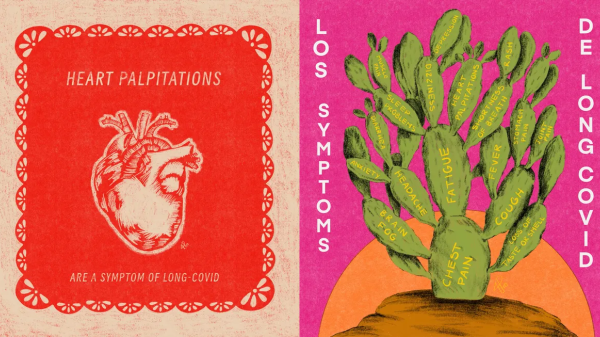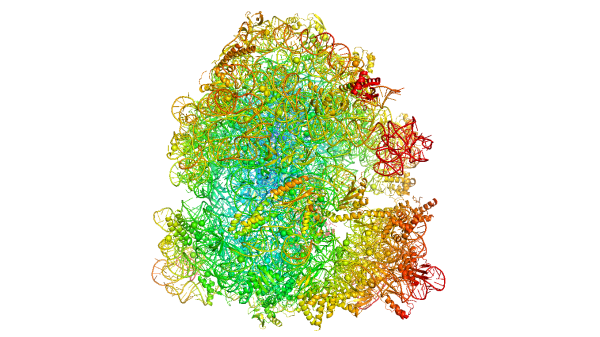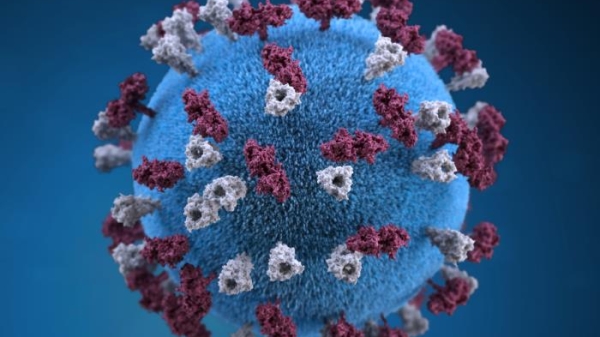ASU recognized for commitment to student health and well-being
University one of 7 receiving Healthy Campus Award from nonprofit Active Minds

Arizona State University’s holistic approach to student health and well-being has earned the university the Healthy Campus Award, presented by Active Minds, a nonprofit dedicated to bringing awareness to and reducing the stigma around mental health issues.
In its third year, the award is presented to colleges and universities for their efforts to promote and protect the mental health, physical health and overall well-being of their students. ASU is one of seven higher education institutions to receive the award.
“This award is a wonderful recognition of the work of so many people,” said Teri Pipe, ASU’s chief well-being officer. “If we can impact a person’s health and well-being, their internal environment, it then spreads and blossoms into this expansive state of health and well-being that affects not just individuals, but groups and communities.”
ASU was recognized for the myriad resources across all campuses that support students’ physical, mental, emotional and spiritual well-being. University Health Services, Counseling Services, Sun Devil Fitness and the Sexual Violence Awareness and Response program, among other resources, offer students support when they need it, in the way they need it. More than 50 student clubs at ASU are dedicated to health-related topics, and many others include health as a component of their mission.
“Colleges that are recognized with the Healthy Campus Award stand out because they invest in students’ physical and mental health on a comprehensive scale and for the long term,” Alison Malmon, founder and executive director of Active Minds, said in a release. “They are a model of what’s possible when a school prioritizes a holistic approach to student success through a campus culture of health, resiliency, and well-being.”
Pipe credits the university’s inclusive vision of student health to the students themselves, who in recent years have been vocal about the need for resources that address health beyond just the physical self.
“They see it much broader than physical and mental, and really extending into social, sleep, financial, sexual — every aspect of health and well-being,” said Pipe.
Notable health and wellness initiatives at ASU include same-day appointments through ASU Counseling Services; consultation assistance for parents, faculty, staff and students who have concerns about a student; a 24-hour dedicated crisis hotline; Recovery Rising, a program to support students in addiction recovery; Devils 4 Devils, a peer-education program to support students in distress; the Disability Resource Center; and many others.
“We know that healthy and well students are more likely to succeed,” said Aaron Krasnow, associate vice president of ASU Health Services and Counseling Services. “The whole point of ASU is to build the human potential of every person who joins us, and the way to do that most effectively is not only to be teaching fantastic courses, to be engaging people in research and social experiences, but also to make sure that they are healthy and happy.”
Listening to feedback and involving students in the development of student health programs has contributed to their effectiveness and impact, said Corina Tapscott, a recent ASU graduate and former sexual-violence-prevention student coordinator at ASU. In her experience, “when students provide feedback — whether positive or critical — of counseling or health services at ASU, that feedback will actually go straight to the top so they can make changes based on that feedback. They honor the knowledge of our students and their autonomy.”
Krasnow echoes the sentiment.
“Students are at the center of everything we are doing. They know better than us what they need. And so we are led by them in what works best for their health and well-being.”
More Health and medicine

Health communication program brings long COVID awareness to Latinos
After COVID-19 hit the Latino community especially hard, Gilberto Lopez created COVIDLatino, a health communication program designed to share accurate, timely, evidence-based and culturally tailored…

Gates Foundation to fund research on antibiotic resistance
Antibiotic resistance, what happens when germs develop the ability to defeat the drugs designed to kill them, is a growing concern among scientists today. When bacteria become resistant to…

ASU epidemiologist on the rise in US measles cases
The Centers for Disease Control and Prevention issued an alert this month about a rise in measles cases worldwide. And as of March 21, a total of 64 measles cases were reported in 17 states,…